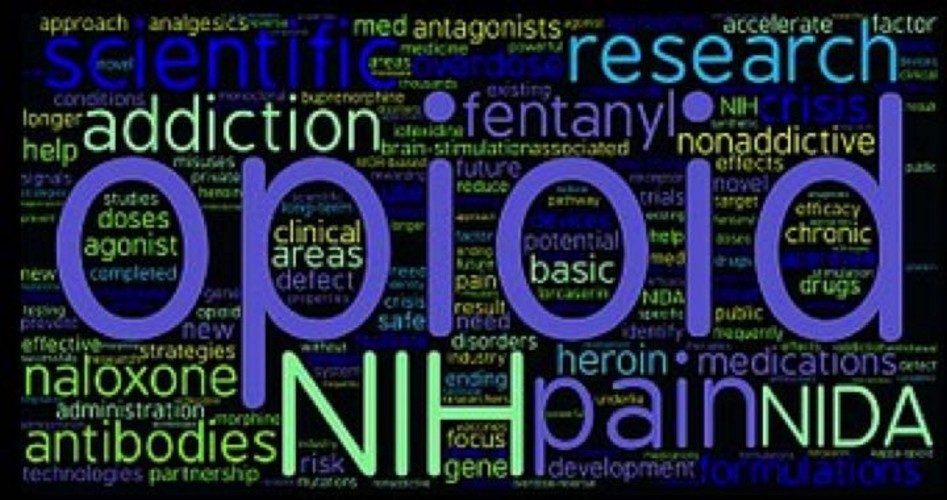
One of the biggest drivers of America’s opioid epidemic is Medicaid, and ObamaCare’s expansion of the program has only made matters worse, claims a new report from the Senate Homeland Security and Governmental Affairs Committee.
According to the National Center for Health Statistics, drug overdoses were the leading cause of accidental death in the United States in 2016, accounting for almost 64,000 deaths. Adjusting for age, the rate of drug-overdose deaths more than tripled between 1999 and 2016. Abuse of opioids such as oxycodone is one of the primary reasons for this increase.
How does Medicaid play into this? For its beneficiaries, it makes drugs dirt-cheap. At most, patients are subjected to a small copayment, sometimes as low as one dollar for 240 opioid pills; in 12 states, adults on Medicaid pay nothing at all for prescription drugs. The street price of those drugs, meanwhile, can be quite high: The report states that those 240 pills could sell for as much as $4,000.
Needless to say, that creates a huge incentive for Medicaid patients to seek opioid prescriptions that they don’t need. Indeed, the Centers for Disease Control and Prevention (CDC) found that Medicaid beneficiaries are at least twice as likely to obtain opioid prescriptions as patients with private health insurance. A study by Express Scripts, a company that manages prescription benefit plans, found that nearly a quarter of Medicaid recipients have filled opioid prescriptions, some going “to great lengths, sometimes traveling across states, to find prescribers willing to write excessive opiate scripts.”
Of course, not all of these excessive prescriptions are being resold; many are being used by the people obtaining them. “Studies show that Medicaid patients misuse opiates at a significantly higher level than those with private insurance, and are at a much higher risk of dying,” writes the Senate committee. “Express Scripts put the disparity in stark terms: Medicaid recipients are 10 times more likely to suffer from addiction and substance abuse than the general population.”
This would all add up to a huge problem even without ObamaCare, but that law’s expansion of Medicaid has only exacerbated the situation, the report argues. An additional 13 million Americans, many of them with incomes well above the federal poverty level, are now on Medicaid, and today the program — which, like most government programs, was modest at its start — covers more than one-fifth of all Americans. “The United States,” declared Kaiser Health News, “has become a Medicaid nation.”
With new Medicaid users have come new opioid abusers. According to the report, “Drug overdose deaths per one million people are rising nearly twice as fast in expansion states as non-expansion states, while opioid-related hospital stays paid for by Medicaid massively spiked after expansion.” Investor’s Business Daily reports that CDC data “show that opioid overdose rates turned upward in 2014 — the year of the ObamaCare expansion. The data also show that of the 15 states with the highest overdose rates in 2015, all but two were Medicaid expansion states. Of the 15 states with the lowest overdose rates, eight had not expanded Medicaid.” Medicaid-funded treatment for opioid abuse has also skyrocketed in expansion states as compared to non-expansion states.
Likewise, opioid-related crime has shot up post-expansion. The committee found that the number of Medicaid-opioid criminal cases increased 55 percent in the first four years after expansion compared with the four years prior. In addition, of the nearly 300 cases the committee reviewed, 85 percent were filed in Medicaid-expansion states.
The report doesn’t place all the blame for the opioid epidemic on Medicaid. It also points out that Medicare and Veterans Affairs benefits have contributed to it. “But,” it says, “Medicaid is the federal program most prone to abuse, and the primary government funding source for the epidemic.”
It’s already well-known that Medicaid is bad for its beneficiaries and possibly even worse than being uninsured. That it is also a major contributor to the opioid crisis is just one more argument in favor of putting this costly, unconstitutional wealth-redistribution scheme out to pasture.
Image: Screenshot from the National Institutes of Health


